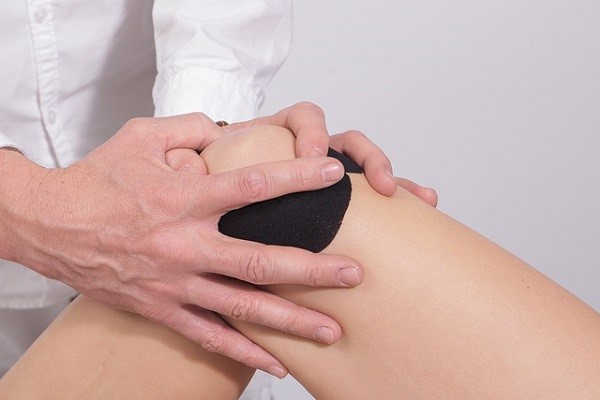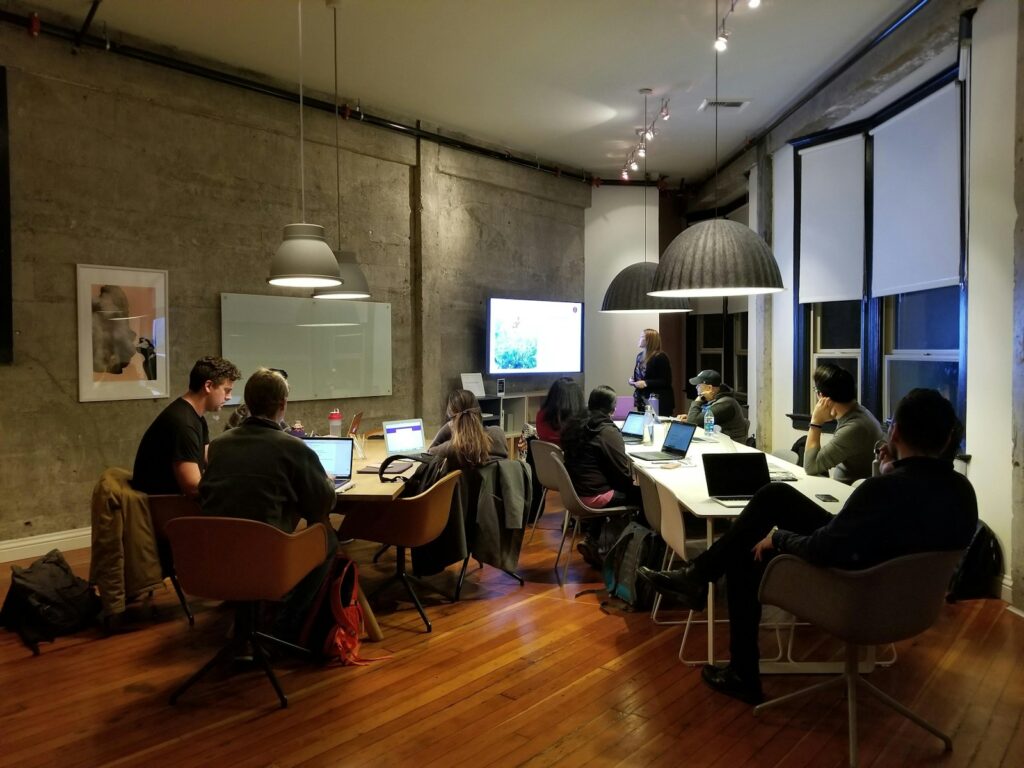Now Reading: Slip & Fall Accidents and Torn Ligaments: What You Need to Know
-
01
Slip & Fall Accidents and Torn Ligaments: What You Need to Know

Slip & Fall Accidents and Torn Ligaments: What You Need to Know
Slip and fall incidents can lead to a torn ligament and intense pain, along with sudden limits to your mobility. If you are suffering from torn ligaments after a fall, it’s important to know how to care for your injury so you can have the best chance for a full recovery. Knowing which ligaments you damaged and the best ways to care for them can help you avoid permanent injury as you try to heal. Moreover, knowing how to deal with a slip and fall accident leading to torn ligaments from a legal point of view is helpful, too. A specialized attorney in personal injury and negligence law will fight for you to receive the fair compensation you deserve from the party at fault.
The Medical Approach
Slip and fall incidents can occur everywhere: in your home, in a restaurant, on the sidewalk, at the gym, in a mall, etc. The immediate action you should take after such an accident is to take care of your health. Torn ligaments might warrant an ambulance service and emergency medical interventions, so do not underestimate the pain following the incident. Let’s discuss some medical details first to know what to expect.
What Ligaments Are in The Knee?
The knee is home to four major ligaments, each performing a critical function. If one is damaged, your mobility can be limited, and you may feel intense to extreme pain if you try to use your knee in a certain way. The four ligaments are as follows:
- An anterior cruciate ligament (ACL): Located at the front of the knee, this ligament moves the tibia forward.
- A posterior cruciate ligament (PCL): Located behind the knee, this ligament moves the tibia backward.
- Lateral collateral ligament (LCL): This ligament stabilizes the outer knee.
- Medial collateral ligament (MCL): This ligament stabilizes the inner knee.
Depending on the severity of your slip & fall accident, you might even need hospitalization, recovery therapy, surgery, etc. Ensure you document everything that happened to you and obtain access to all your medical records and bills related to the incident. You will need them when you discuss your case with a lawyer. Of course, you will not file a claim if you slipped on your wet bathroom floor at home, but things get completely different if you slip on the wet floor of a restaurant or supermarket. So keep your documents close.
How Do People Get Injured Ligaments?
We use ligaments for certain motions and not others, so they can suffer an injury if they move outside their typical range of motion. In addition, ligaments are made of tissue and are vulnerable to tearing if they are overexerted, such as through too much strain or due to a sudden impact. These conditions exist in many slip and fall accidents, making them prime instances where a person’s ligament injuries may be a reason enough to ask for compensation.
How Should People Care For a Ligament Injury?
There are several methods to care for a ligament injury depending on its location and severity. Ligament injuries can often heal on their own if given the time and treated with the proper care. However, without these, they can become permanent injuries. The good news is that caring for ligament injuries at home can be relatively simple and may include the following:
- Ice
- Rest
- Pain relief medication
- Elevation
- Compression
Once your injury has had some time to heal, you might be able to start rehabilitating it. You can start the healing process by doing the following:
- Limiting unnecessary physical activity that uses the ligament
- Strength-building exercises
- Wearing a knee brace
A knee injury that affects the ligaments can take several weeks or months to heal, depending on its severity and the care you can devote to the healing process.
The Legal Approach
In addition to the initial treatment cost, you may need to pay for ongoing care related to your injury. This could present a significant financial burden for you in the future. Moreover, you might not be able to work for a while until you heal, so your career may also suffer, presenting another financial hurdle.
If your torn ligaments followed a slip & fall accident on someone else’s property (even in the street), you should discuss matters with a specialized personal injury attorney. We said before that you need to document all your medical experience. When you take your case to a lawyer, you also need to show paperwork proving you lost wages or spent your money on rehabilitation.
The best advice legal experts can give you is to contact a law firm in the state where the injury occurred because negligence and slip & fall laws tend to vary from state to state. For instance, if you slip & fall in Georgia, you also need to prove you were unaware of the unsafe condition leading to your injury. If the hazard that caused your slip or fall was “open and obvious” or in “plain view” (a “wet floor” sign, for instance), you might not have a case. Therefore, you should speak to a slip and fall attorney in Atlanta if the incident occurred in Georgia.
Proving negligence in slip & fall accidents for torn ligaments or other health issues is sometimes difficult, but specialized attorneys will help you settle. All you need is patience, a reputable law firm by your side, and the strength to go on in the face of adversity.
Final Thoughts
Healing after a fall can take time, and you must be given the space and time to do so. If you aren’t able to take the time you need to heal, your injuries could become permanent and may even worsen over time. To achieve this, you’ll need to have the right amount of compensation. Again, working with an experienced personal injury lawyer can give you the advantage you need should you pursue a lawsuit or seek a settlement.
Author:











